We like to detach ourselves from this planet, from its systems, and structures instead of seeing ourselves as embedded in it as all other beings are. Placed at the tip of an ego-driven pyramid of our own construction, we believe that our ultimate importance and position as a species is undeniable. How have we become so disassociated from the earth we tread on every day? What was once a symbiotic relationship has been smothered in our degrading of the earth’s sole value as a commodity.
Photos by Yannick Schuette, words by Sophia Schwan
As the poet, Rupi Kaur writes,
“look at what they’ve done
the earth cried to the moon
they’e turned me into one entire bruise
– green and blue”
Our endless taking of ‘resources’ and lack of giving back, ultimately threatening the earth’s (and therefore our own) life support-systems, has created a dysfunctional relationship that is in dire need of repair. Are we already feeling the consequences of Gaia’s anger, her reciprocal reaction?
Standing in my garden, I feel the earth’s heartbeat beneath my soles. The steps we take have consequences. They can be either disruptive and destructive, or regenerative – and it is impossible to pass on this responsibility, let alone deny it. We are collectively and singularly at a crossroads, faced with a choice of continuing our death march of ‘business as usual.’ Instead, as cultural philosopher Charles Eisenstein puts it, we could start a revolution of love:
“What we really want … is for humanity to hold nature sacred again. What we want is to move from a society of domination to one of participation, from conquest to co-creation, from extraction to regeneration, from harm to healing, and from separation to love. And we want to enact this transition in all our relations: ecological, economic, political, and personal. That is why we can say, “The revolution is love.”
As inspiration, we can look to our home, our earth, and mimic its millennia-old systems. For example, trees are connected by complex fungal systems, allowing them to interact and ‘talk to each other’ to equally share resources for the optimum of the entire grove and forest.
As Fritjof Capra said, “There are solutions to the major problems of our time; some of them even simple. But they require a radical shift in our perceptions, our thinking, our values”. Once we begin to revive our view of the planet as a living planet, seeing that everything is connected in an intricate web of ecosystems instead of seeing it from a reductionist, geo-mechanical perspective, we will be able to take our first steps towards healing our home and ourselves.
“As we destroy beings, we destroy our own beingness. No longer enmeshed in a web of intimate, mutual relationships, no longer participating in life around us, surrounded by contained, dead things, we become less alive ourselves (…) We yearn to recover life. We want to overturn the Age of Separation.” (Charles Eisenstein)
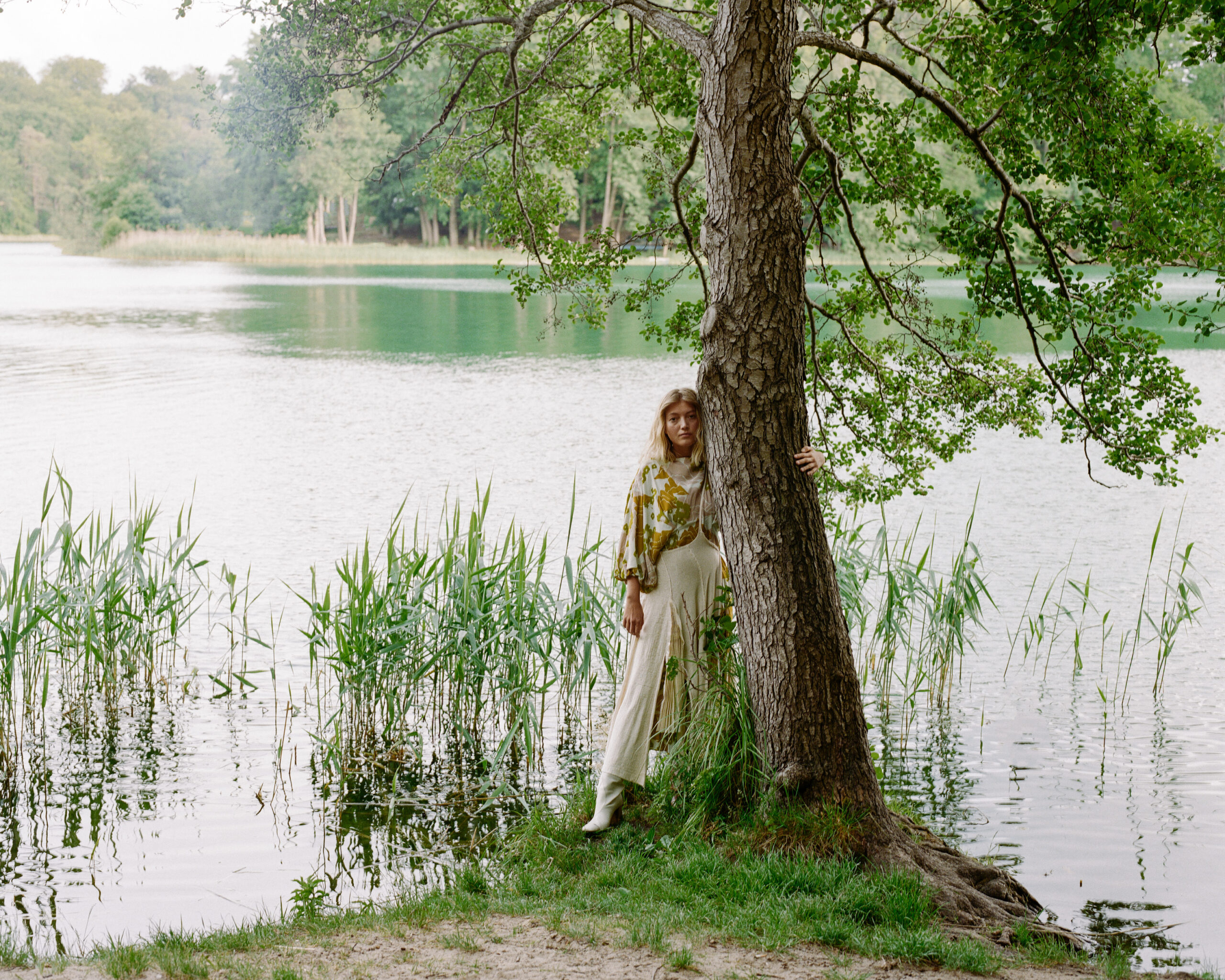
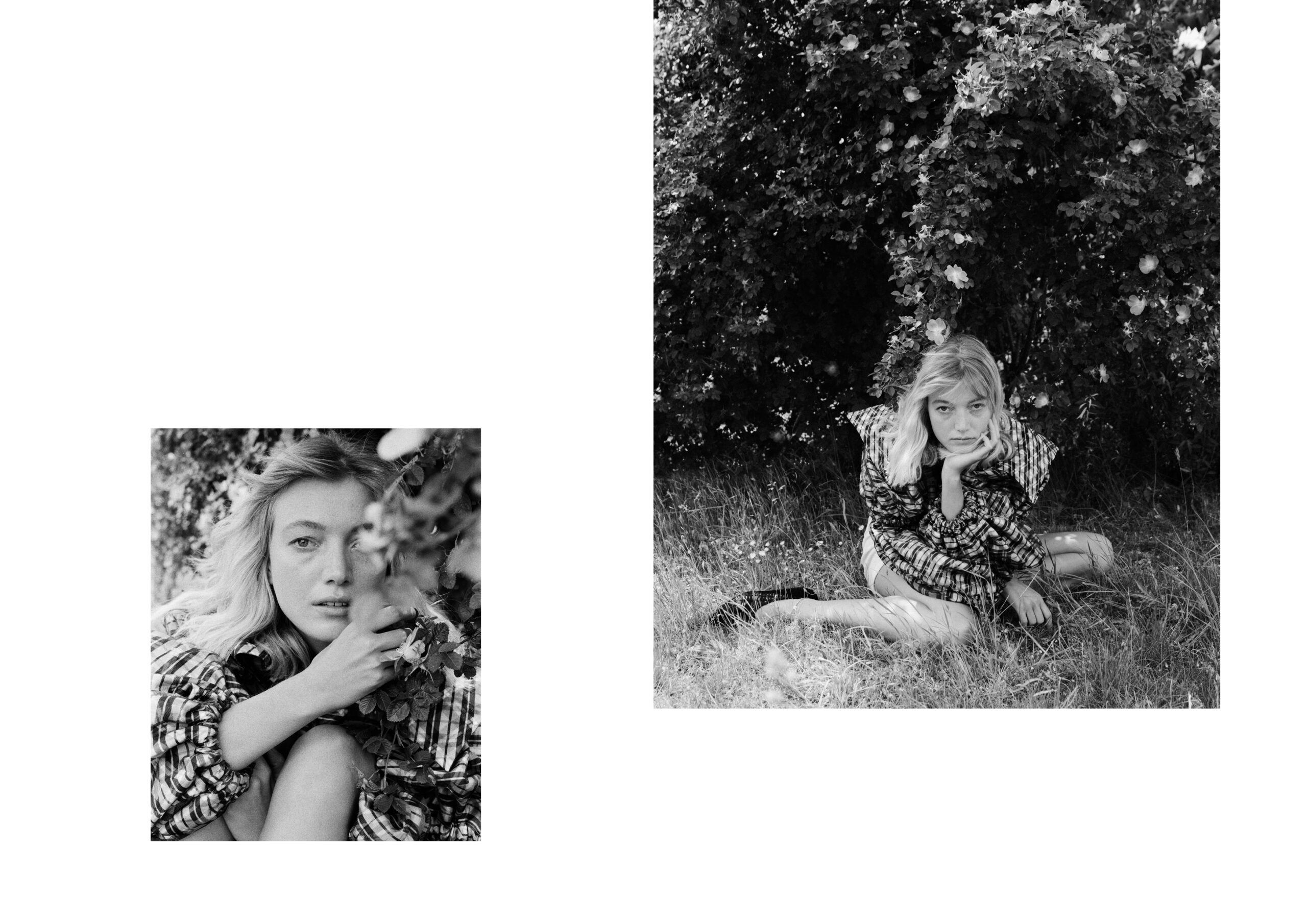
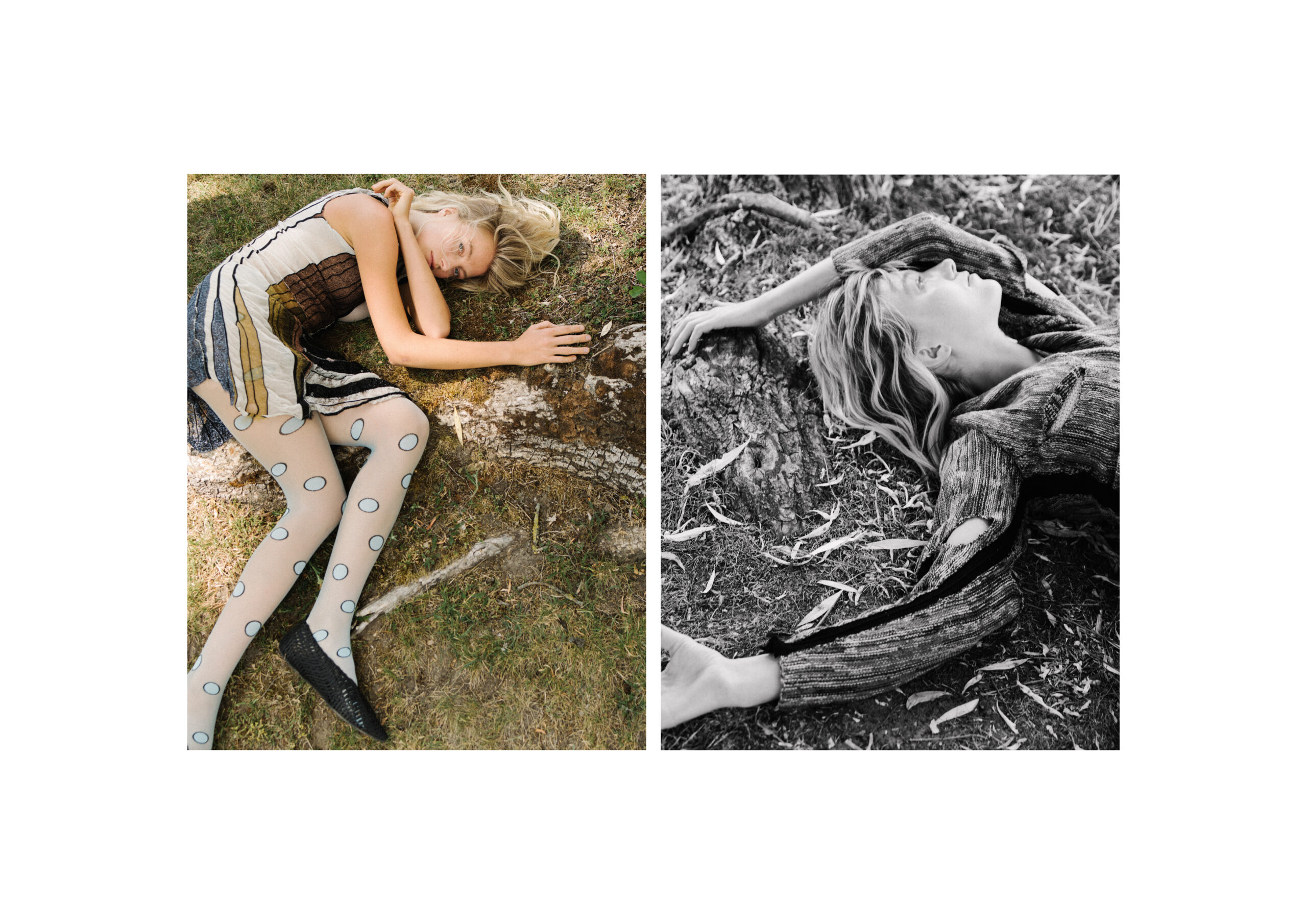
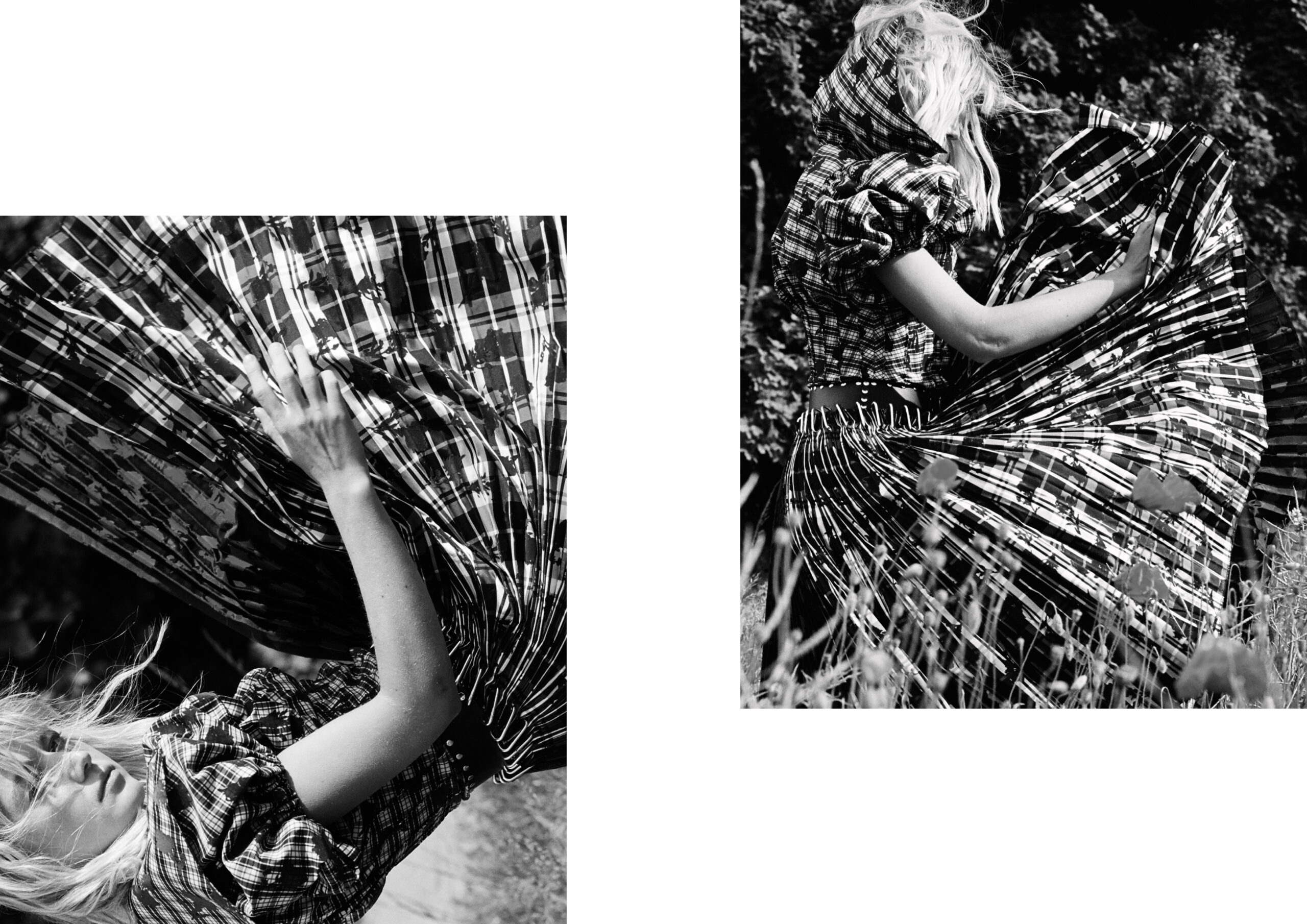

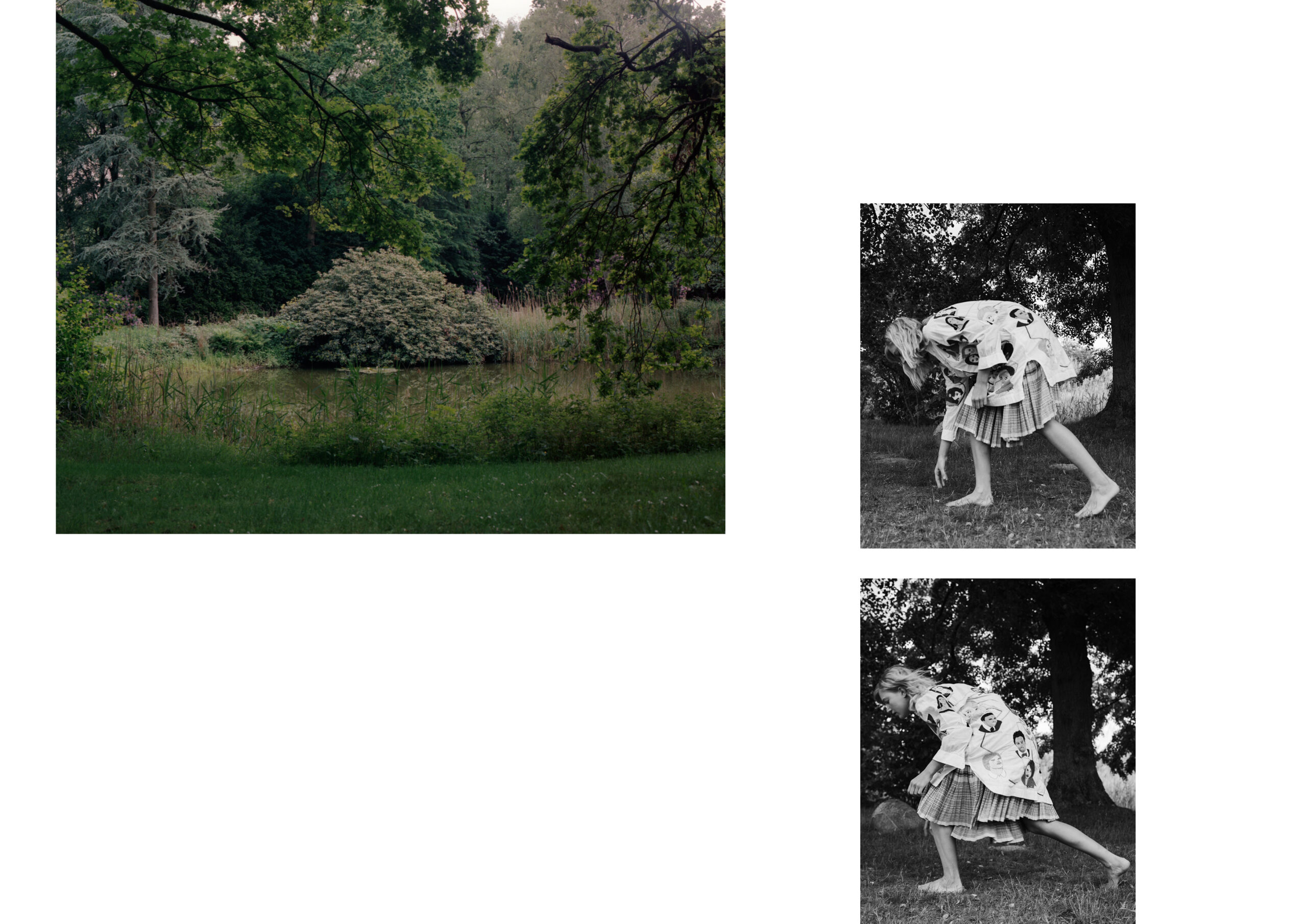

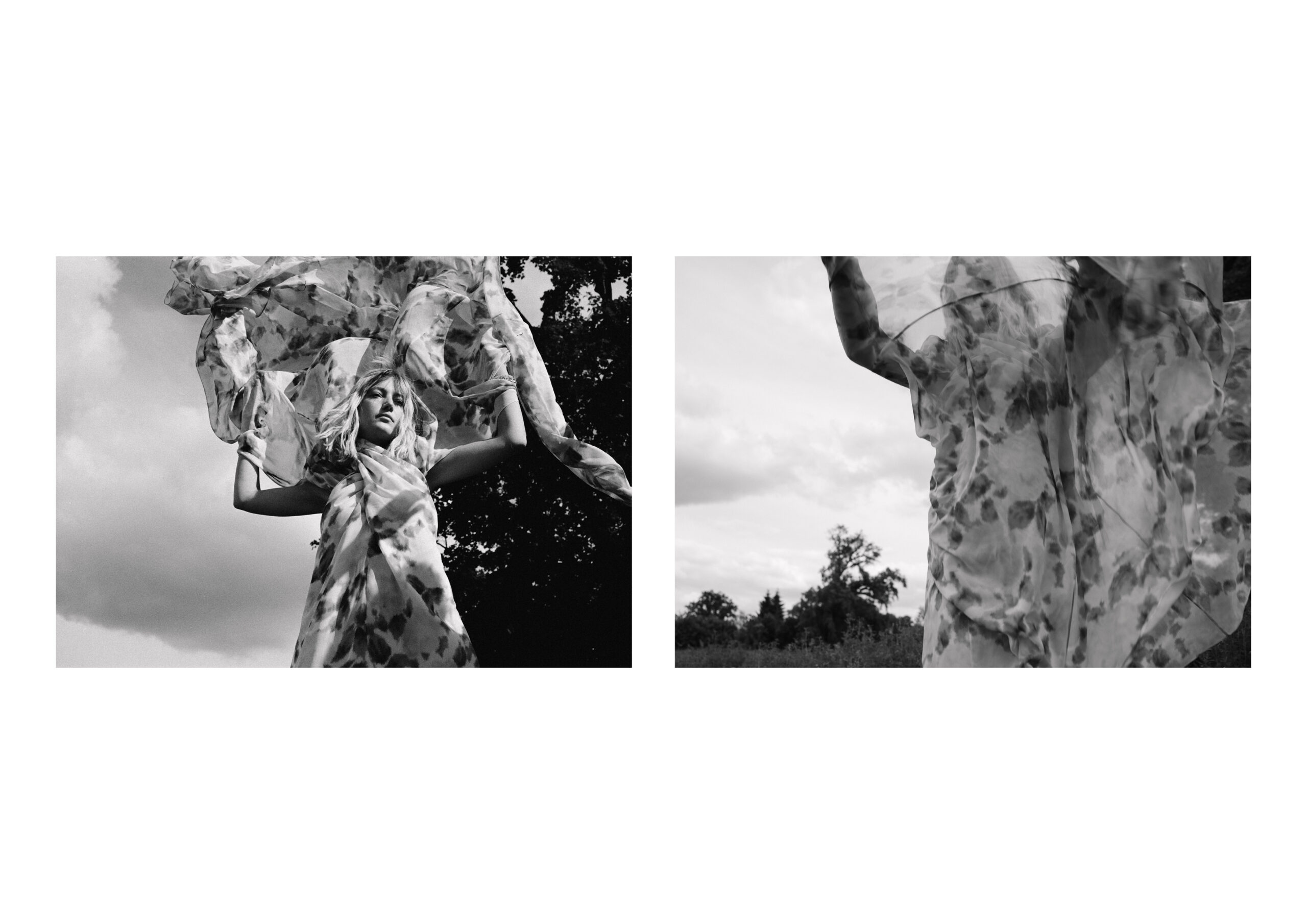

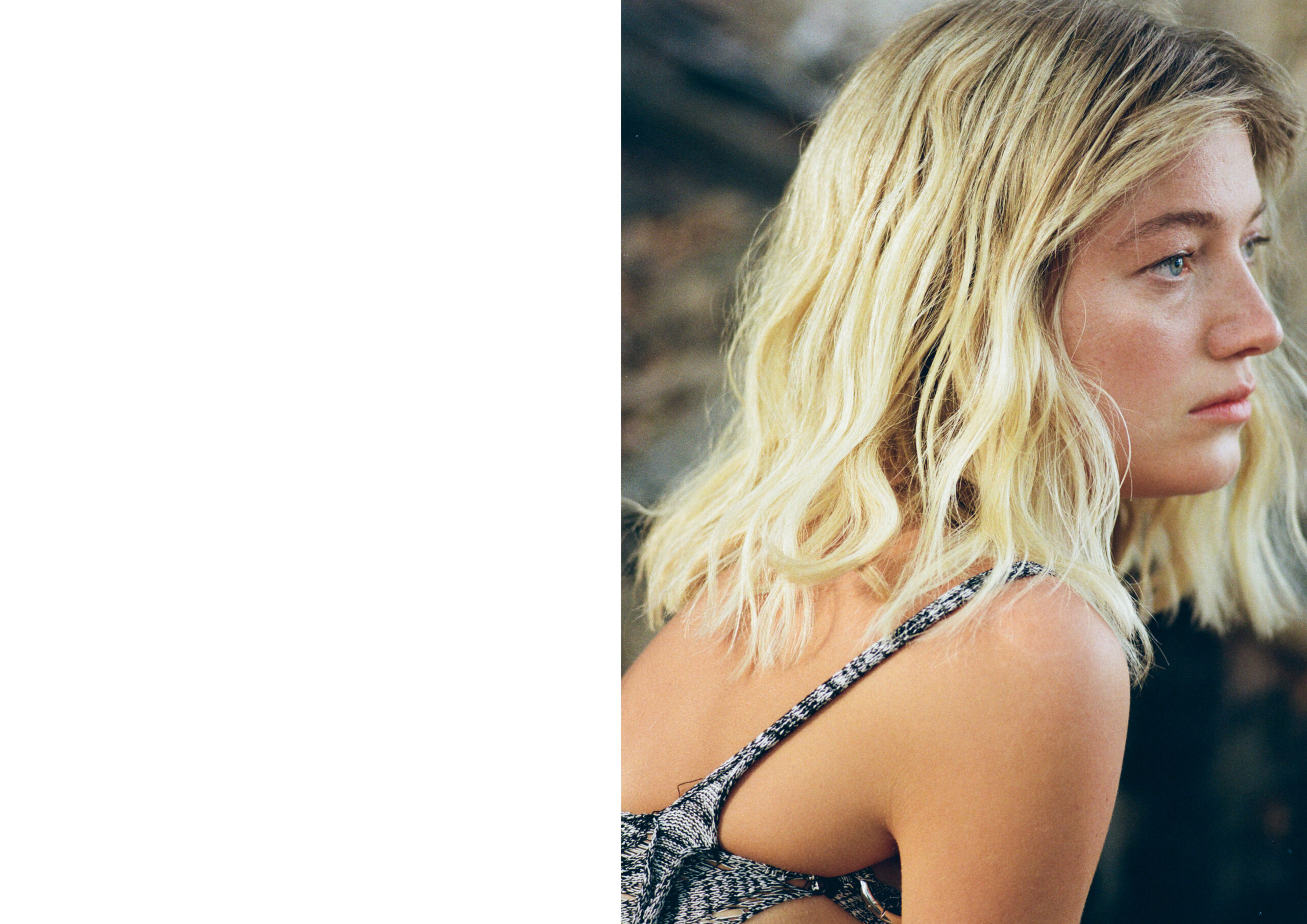

Three questions for Lou Schoof:
Since the beginning of 2020, Lou Schoof has worked exclusively with sustainable brands. She has chosen to directly represent the values of a company and this carries a higher responsibility for whom she works with. Could the future of creative bookings entail that ethics and aesthetics are equally important?
Sophia: How do you select your clients? What questions do you ask them and what kind of information do they need to provide to you?
Lou: Essentially, I ask for information about sustainable materials, dyeing and production processes, such as re-/up-cycling methods, waste reduction, where a brand’s products are being produced, how their supply chain is structured, and about the working standards for employees as well as for factory workers. To avoid misleading greenwashing claims, we need to be critical. “Sustainable”, “responsible” and “ethical” are terms that are not protected and can be used in misleading ways. I am truly interested in client’s ethics and whether they follow their vision for change. What matters is transparency and authenticity.
Sophia: Travelling has been integral to the fashion industry, and the fashion system is currently being forced to adapt to the immobility brought on by the pandemic. There are predictions of a shift towards a more localised production of clothing. How do you think photo/film productions could become more localised and sustainable without the end-result suffering in quality?
Lou: The industry is used to flying and casting teams globally, even though, locally there is an abundance of talented creatives, fresh visions, and unique styles. In this time of limitation, we have a chance to ask ourselves what we need. What is clutter? Can things be produced on a smaller scale? Within (my home country) Germany, I’ve recently discovered so many artists, magazines, and projects, but often the dots are not connected. For example, an amazing local photographer shoots an international campaign, a local magazine books a stylist from abroad, and local clients produce in faraway countries. “Why seek far afield when the good is close by?” Unlearning and readjusting are often the answer to new things.
Sophia: What is your future vision of the fashion industry?
Lou: I see fashion as a constant reflection on and inspiration for the wider society. We need to use it as a tool and encouragement for change, showing that sustainability, diversity, and equality are the way to go. I want to be part of a daring community. Covid-19 has opened a space for new conversations. Now is the time to rethink the speed of the industry (like the number of collections produced), the overflow of global production, and the concept of fashion weeks. As a big polluter, that at the same time has enormous cultural influence, the fashion industry has a real chance to be an example of how to do things right. By taking the steps towards real sustainability and by inviting others to take them together.
Team Credits:
Model
Lou Schoof @lemanagement
Photography
Yannick Schuette
Styling
Sophia Schwan
Hair & Makeup
Eva Dieckhoff
